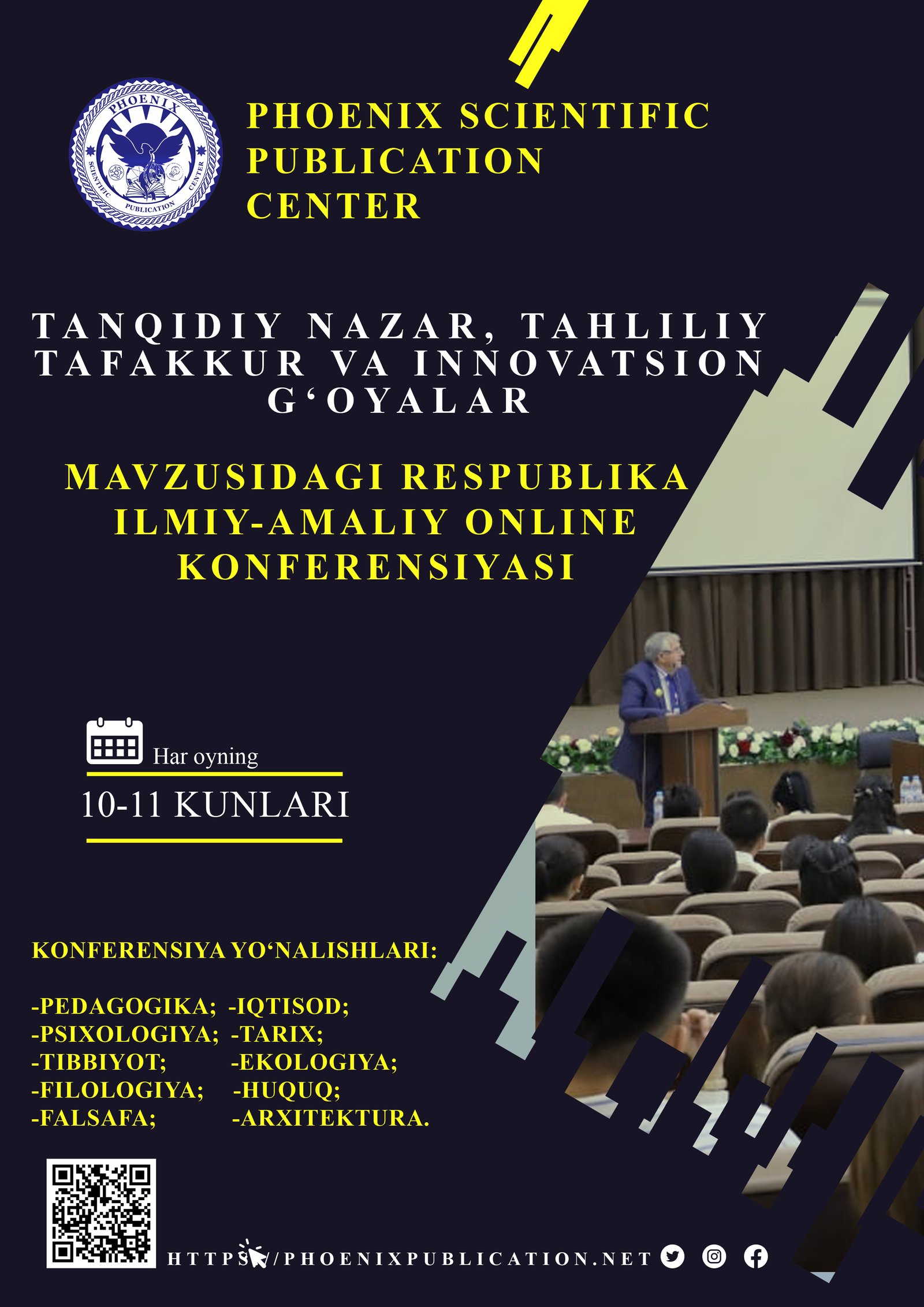Abstract
Mother tongue-based education supports children's cognitive development, cultural identity, and social inclusion. This article highlights its importance through insights from educational research and India’s NEP 2020. It also addresses implementation challenges and the need for teacher training, resources, and public awareness.
References
1. Ahmad, S. (2020). The Significance of Mother Tongue in the National Education Policy (NEP) 2020. Department of Linguistics, Aligarh Muslim University.
2. Ball, J. (2011). Enhancing learning of children from diverse language backgrounds: Mother tongue-based bilingual or multilingual education in early childhood. UNESCO.
3. UNESCO. (2016). If you don’t understand, how can you learn?. Paris: UNESCO Publishing.
4. Mohanty, A. K. (2009). Multilingual Education for Social Justice: Globalising the Local. Orient Blackswan.
5. Sikkim Express. (2025). Mother tongue: The foundation of NEP 2020. Retrieved from https://m.sikkimexpress.com/article/mother-tongue-the-foundation-of-nep-2020/94805
6. Times of India. (2025). Empowering education through mother tongue: The case for vernacular languages in India.
7. Times of India. (2025). IGNOU launches MBA programmes in Hindi and Odia aligning with NEP 2020.
8. Mohanty, A. K. (2010). Languages, inequality, and marginalization: Implications for Mother Tongue-based education. In Skutnabb-Kangas, T. et al. (Eds.), Rights in Education.
